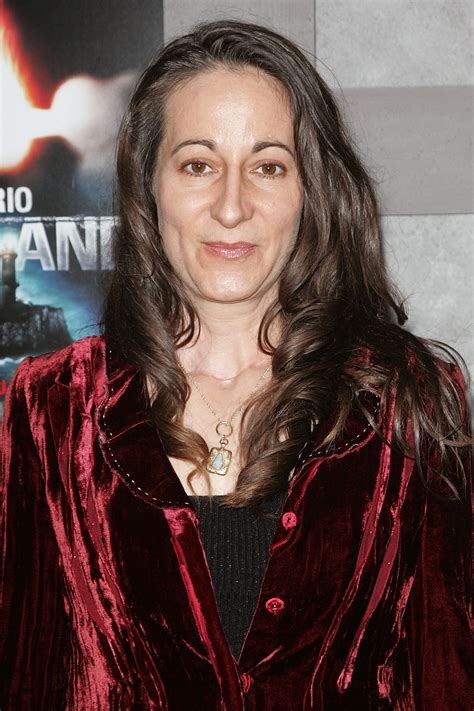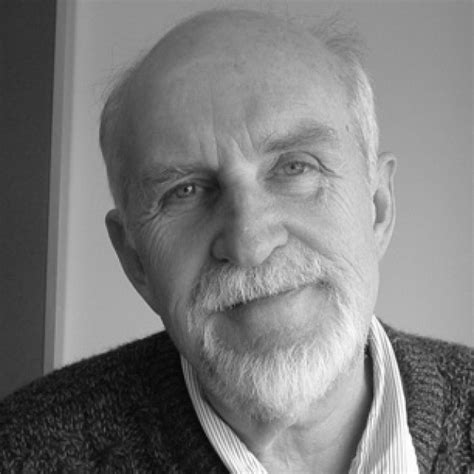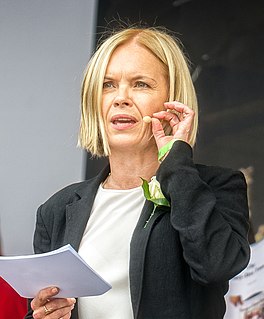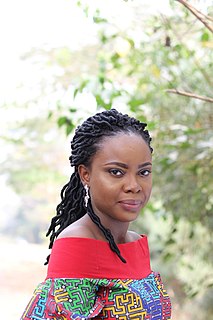A Quote by Ann Beattie
I like a lot of Margaret Atwood, I like much of Alice Munro. Again, if you were to ask me about male writers, there's often a novel I admire, but not all of their works.
Related Quotes
I've always loved short stories. Even before I was a writer I was reading short stories - there were certain writers where I just felt like they could do in a short story what so many writers needed a whole novel to do, and that was really inspiring to me. Alice Munro, I felt that way about from an early time. Grace Paley.





































